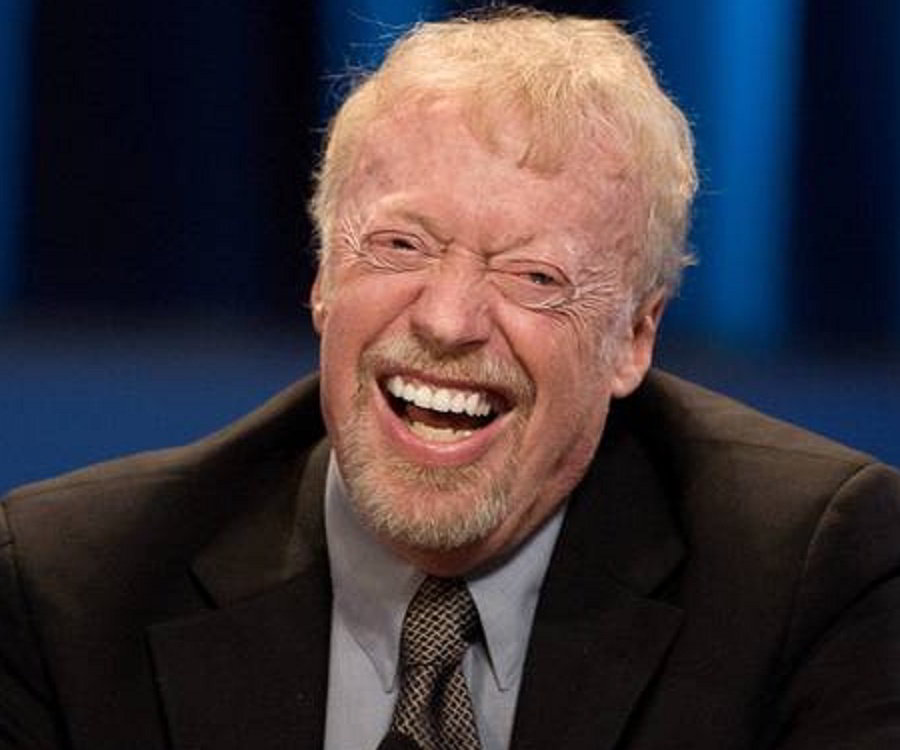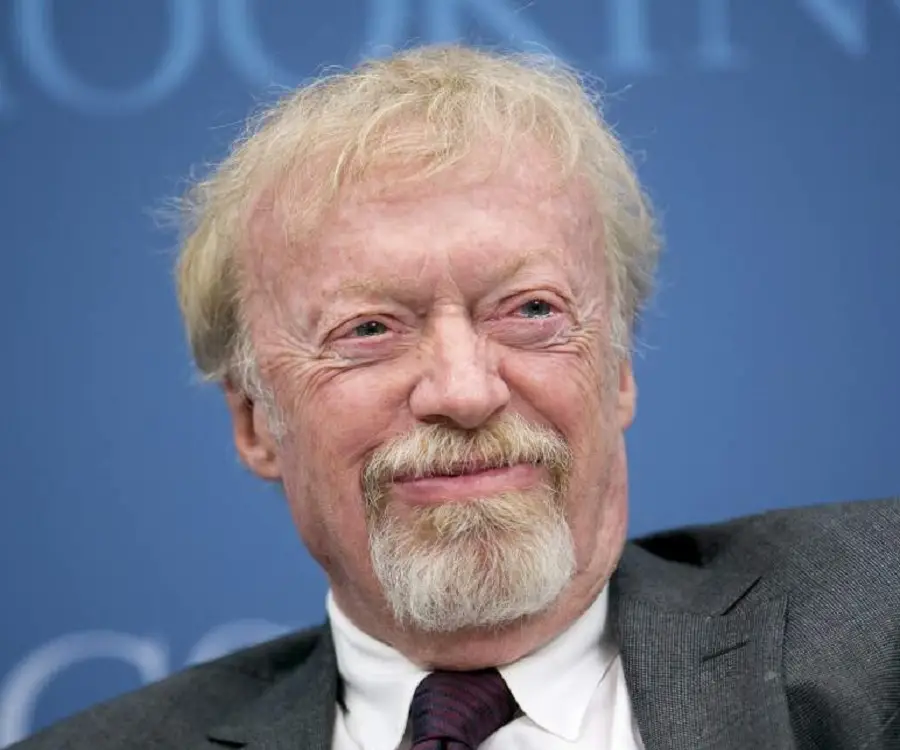[ad_1]
One of the biggest manufacturers of sports footwear and clothing in the world, Nike, Inc., was co-founded by Phil Knight. He has previously held the positions of chairman and CEO of the business.
Knight, who “Sports Illustrated” dubbed the “most powerful person in sports,” is neither a professional athlete nor the owner of a sports franchise, yet his impact on the sports industry has been enormous.
He has a lifelong passion for running and competed as a middle-distance runner while studying journalism at the University of Oregon (UO) in Eugene.
He experimented with working in several occupations while still a college student since he was unsure of what he wanted to accomplish with his life. He was an assistant professor at Portland State University and had previously served in the army (PSU).
His life’s work only became clear to him when he applied to the Stanford Graduate School of Business. He developed the concept for a sports shoe firm while working on a college project and thought he had discovered his area.
See also Why Leonardo DiCaprio may never get married & have Kids Either
Together with Bill Bowerman, his former track coach, he formed a business partnership and first sold American customers Japanese-made running shoes. Eventually, their company developed into Nike, one of the most well-known sportswear companies.

Phil Knight’s Date of Birth and Parents
The son of William W. Knight, a lawyer turned newspaper publisher, and his wife Lota, Philip Hampson Knight was born on February 24, 1938. His father was a demanding yet kind man who pushed his kid beyond his comfort zone.
Phil Knight’s Education
He went to Portland’s Cleveland High School. He developed a passion for running early on and was a vital part of the track squad.
He traveled to Eugene to the University of Oregon (UO), where he kept up his running. There he met Bill Bowerman, a legendary track coach who oversaw his middle-distance running training.
Eventually, Knight and Bowerman developed a close and genuine connection. In 1959, he earned a journalism degree.
Even after graduating, Knight had no clear idea of what he wanted to accomplish with his life. He joined the army and served for a whole year.
He made the decision to apply to Stanford University’s Graduate School of Business. He thought Frank Shallenberger’s small business class to be one of the most interesting of the classes he took.
Knight had the idea for a company that deals in sports shoes while working on a project that required the students to create a new business.
He came to the conclusion that his life’s work was to start a company that specialized in shoes after writing a paper with the subject “Can Japanese Sports Shoes Do to German Sports Shoes What Japanese Cameras Did to German Cameras?” He earned an MBA in 1962 and graduated.

Phil Knight’s Career
After graduating, he set off on a journey throughout the globe. He found the Onitsuka Co.-produced Tiger-brand running shoes on his tour to Japan in November 1962.
The outstanding quality and affordable price of the shoes really attracted Knight, who promptly signed a distribution deal with the business.
When he got back, he started working at an accounting company in Portland while still developing his business strategy. In order to market the shoes in America, he joined up with his old mentor Bowerman, and the business Blue Ribbon Sports was established in 1964.
The partners put a lot of effort into growing the company, and over the next several years they added retail locations in Santa Monica, California, and Eugene, Oregon. By the end of the 1960s, the business was operating profitably.
In 1971, Knight and Bowerman decided to establish their own business after several difficulties surrounding the contract with Onitsaka.
Knight’s buddy and Blue Ribbon Sports colleague Jeff Johnson proposed calling the new business “Nike” after the Greek winged goddess of triumph.
Former athlete Knight wanted to create goods that the best athletes in the world would want to use. He developed relationships with Olympic track competitors like the distance runner Steve Prefontaine in the hopes that they would encourage others to try his goods.
The Cortez shoe style from Nike made its debut in the 1972 Olympic trials and quickly became a huge success.

Over the coming years, the company’s earnings multiplied, and by 1980, Nike had seized half of the sports shoe industry. One of Knight’s biggest marketing strategies was to give an endorsement agreement to tennis legend John McEnroe.
Following McEnroe’s ankle injury, he began sporting a specific Nike model, and in the months that followed, sales of that model increased.
Nike saw consistent growth in the 1980s and 1990s. As the company’s reputation grew, Knight was able to get endorsement deals with other well-known athletes, including Michael Jordan, Andre Agassi, Charles Barkley, and Tiger Woods.
Along with his enormous success, Knight came under fire from human rights organizations for the way Nike handled its employees in Asian nations.
Nike was accused of paying its Asian employees very cheap salaries, and there were claims of physical abuse and sexual harassment at Nike facilities. Despite the complaints, Nike remained one of the biggest shoe manufacturers in the world.
Nike grew their company and began making gear for hockey, golf, and soccer in the 1990s. Before 1999, the corporation generated annual revenues of more than $10 billion because of its ambitious growth plan.
In November 2004, Phil Knight resigned from his position as Nike’s CEO, while he remained the board’s chairman. He did not provide a specific date when he said in June 2015 that he would leave his position as chairman of the corporation.
[ad_2]
Source link
